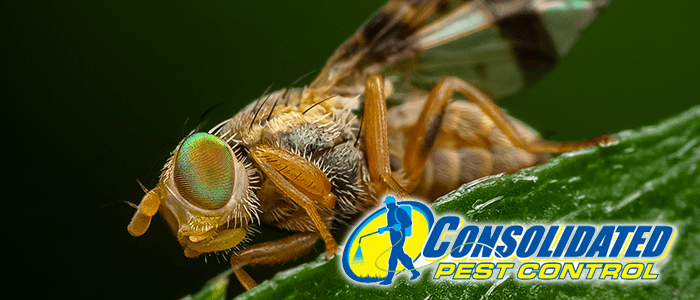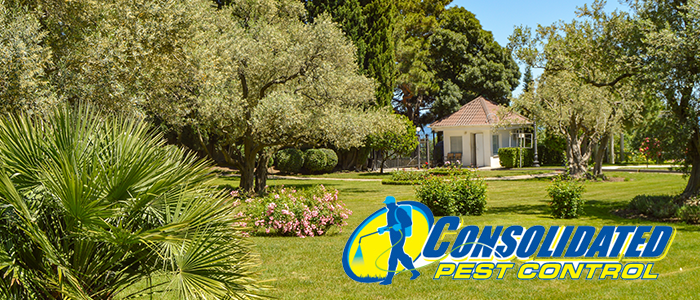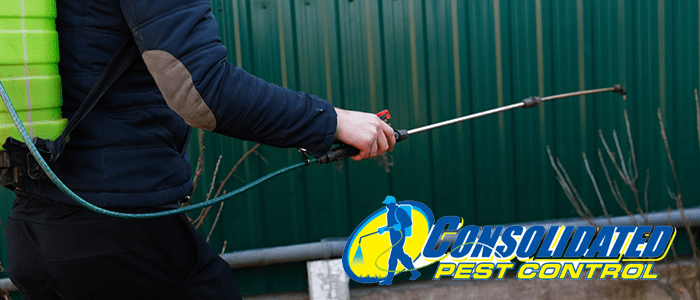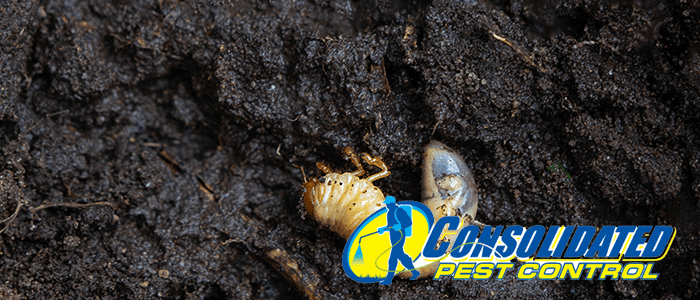
Florida Fruit Flies: the Basics
While the Sunshine State offers a glorious and bountiful selection of fruits and vegetables to enjoy, Florida fruit flies are a nuisance insect that can quickly become a source of annoyance and disgust for both homeowners and business owners. These tiny flying bugs are one of the most commonly seen in households and food-based businesses all over the country, so if you’re having a problem with them, you aren’t alone and there isn’t anything to be ashamed of.
No matter whether you’re already dealing with an infestation of fruit flies or you just want to prevent one from happening, it’s important to know how these flies work, what attracts them, and most of all, how to keep them from getting cozy.
The Flies Themselves
These insects get their name from their preference for some fruits, but they aren’t particularly picky and will happily feast upon any kind of rotting produce they can find. They are common in homes, grocery stores, restaurants, and anywhere else that food can rot and ferment.
Florida fruit flies are about an eighth of an inch long, tan in the front, and black in the back, and have wings, antennae, and six legs. Their life cycle is only about a week long, but they can very quickly become a big problem if given the opportunity, as they can lay up to 500 eggs in a single instance and tend to leave bacteria behind. Their larvae feed on the surface of rotting produce, which is where they choose to lay their eggs; near the surface of rotting food or other moist organic material.
In Florida and beyond the borders, fruit flies are typically attracted to ripe fruits and vegetables that are left out in the open, but they can also breed in garbage disposals, drains, trash cans, and even mops. Anywhere that they can find a thin layer of fermenting material, they’ll make themselves at home.
While they have a particular fondness for rotting potatoes, bananas, onions, and other unrefrigerated produce you can find at supermarkets, they can also make their way into your home by hitching a ride on things brought in from the garden like squash, tomatoes, grapes, and more – or simply by flying through poorly screened windows and doors.
How to Prevent Them
Step one of preventing an infestation of fruit flies around your home or business is, as you probably guessed, being mindful of rotting foods and disposing of them. But there’s more you can do than just that to keep them from eyeing up your space, like:
- Keeping garbage covered and taking it out regularly.
- Discarding any rotting food (duh!).
- Cleaning up spills immediately and thoroughly.
- Keeping compost piles or containers sealed.
- Investing in a dehumidifier or keeping the air conditioning running to lower the level of humidity throughout the property – particularly in the kitchen.
- Regularly draining garbage disposals and other kitchen appliances that may hold standing water.
- Keeping your property tidy by regularly scheduling sessions for cleaning and disinfecting.
- Ensuring windows and doors have tight-fitting mesh screens so fruit flies can’t get in in the first place.
Or furthermore, contacting pest control experts.








